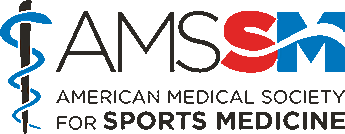 What is it? Runner’s Trots are lower gastrointestinal symptoms, most commonly diarrhea, during or immediately after aerobic exercise. They are classically described with running. These gastrointestinal symptoms may present in 30-90% of athletes in endurance sports. The prevalence of these symptoms generally increases in more extreme conditions and with longer duration events, such as marathons or ultramarathons.
Symptoms Common symptoms include abdominal cramping, the urge to have a bowel movement, flatulence, defecation, diarrhea, and bloody bowel movements. These symptoms are more common in women and younger athletes.
Sports Medicine Evaluation & Treatment A sports medicine physician will review your specific symptoms and consider other possible diseases that can cause diarrhea. Often a thorough medical history, sport-specific history including details of symptoms and timing during exercise, and a physical examination are required. Depending on the results of the above evaluations, the physician may order further lab testing, imaging (x-ray or other scans such as CT or MRI), or even a colonoscopy if it is clinically indicated.
If the evaluation leads to a diagnosis of Runner’s Trots, the most likely treatment course will involve avoidance of triggers (good hydration, change diet or timing of meals, avoidance of certain supplements and medications, etc.) Anti-diarrheal medications have shown mixed results and may be considered on an individual basis. Medication use should be discussed with your sports medicine physician.
Injury Prevention Patients, in consultation with their sports medicine physician, will benefit from dietary counseling regarding avoidance of specific types of foods and timing of eating prior to athletic competition and/or training events. Common foods to avoid or limit immediately before athletic activity include high-fiber foods, caffeine, dairy products, sorbitol, and spicy foods.
Return to Play The goal of the sports medicine physician is to return the athlete to play as soon as is safely possible. After an appropriate medical evaluation and treatment plan, an athlete diagnosed with runner’s trots is typically returned to play quickly. Return to Play decisions are individualized and may depend on various factors. AMSSM Member Authors References Category: Gastrointestinal (Stomach) Issues, [Back] |

